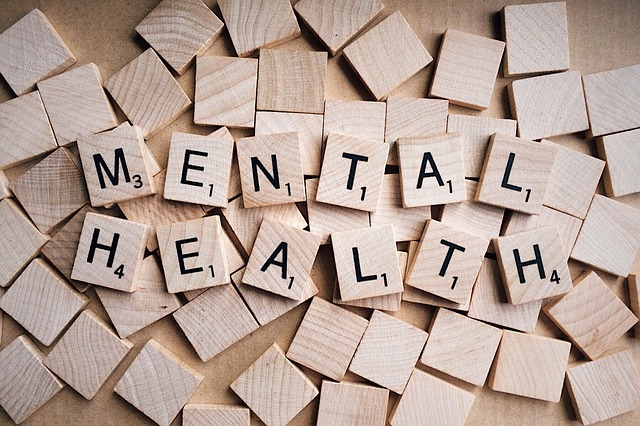11 July 2018. A study of leading mobile apps for mental health indicates many apps promote their use with misleading guidance to individuals on the extent and seriousness of psychological conditions. Researchers from University of Sydney in Australia describe their analysis and findings in yesterday’s issue of the Annals of Family Medicine.
A team led by postdoctoral researcher Lisa Parker in University of Sydney’s pharmacy school investigated the growing use of mobile apps addressing mental health, particularly those claiming to relieve symptoms or improve an individual’s well being. The authors note that thousands of apps on the market deal in some way with mental conditions, and practitioners increasingly report that patients are seeking help after using mental health apps on their mobile devices.
Parker and colleagues, including clinicians and consumer advocates, screened the top 100 health and fitness apps in mobile app stores in the U.S., U.K., Canada, and Australia in August and September 2016. The researchers also included in its screening several apps receiving government or health endorsements. From this collection, the team selected 61 apps which specifically deal with mental health diagnosis, symptoms, or solutions, excluding addictions. The team then analyzed the apps’ public descriptions in the app stores or supporting web sites looking for prominent themes in their literature, particularly the framing of mental health issues, defined as the assumptions underlying the apps’ approaches.
The researchers found, of the 61 apps, more than half (56%) deal with anxiety, panic, and stress, while about a quarter (26%) cover mood disorders, and a few more address overall well being and other mental health concerns. The apps in general, say the authors, express a view that mental health problems are experienced by everyone, and can be triggered by minor incidents, or are evidenced by a lack of life achievements. Portrayals of prospective users, note the researchers, often show people who are white, employed, and having a family. Another prominent theme is the idea that these ubiquitous mental health problems can be easily managed by individuals using the apps. Only a few apps attribute mental health problems to external stresses.
The analysis indicates mental health apps mainly offer 2 types of therapies — calming practices such as mindfulness, or cognitive therapies — while a few apps offer self-monitoring or sharing results with a community as a form of therapy. A majority of the apps (61%) cite vague evidence references for their claims (e.g., “clinically proven”), or formal studies without citations. Despite the claims, about half of the apps (49%) publish disclaimers absolving the developers of responsibility from consequences of using the app, or even its suitability for the individual.
The authors acknowledge that the idea of widespread mental illness in the population could reduce its stigma, but it’s more than offset by dangers of over-diagnosis and over-treatment, particularly when they bring little benefit to the individuals. “Implying mental health problems are present in everyone promotes the medicalization of normal states,” says Parker in a university statement. “These users are unlikely to get any significant benefits but may receive large time burdens and potential loss of privacy. It might be useful for these people to hear alternative views about what constitutes normal psychological experiences in order to prevent over-diagnosis.”
More from Science & Enterprise:
- Wearable Devices Explored to Detect Emotional States
- Mobile App Helps Screen for Substance Abuse
- Grant Funds A.I. Cognitive Change Rehab Study
- Study Using Phones to Examine Blood Pressure, Stress
- Little Data to Support Wearable Device Health Benefits
* * *


 RSS - Posts
RSS - Posts
[…] Apps Seen Over-Diagnosing Mental Health Conditions […]
[…] value. On 11 July, an Australian team found mental health apps may be promoting their use with misleading guidance to individuals on the extent and seriousness of their psychological conditions. And yesterday, […]
[…] Apps Seen Over-Diagnosing Mental Health Conditions […]